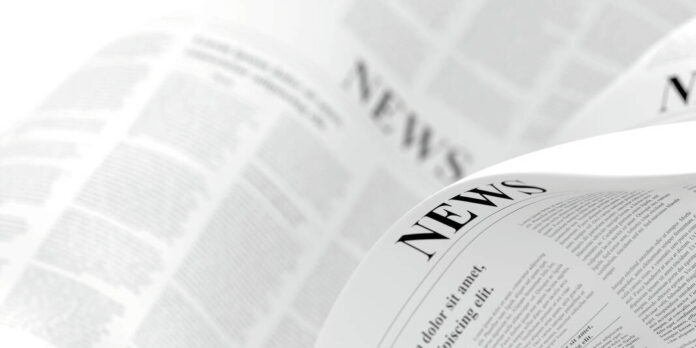HOPE – The Hope Town Council has given initial approval to tougher penalties for residents who have junk-filled yards.
But a few council members said they want more added to the ordinance. Town attorney Scott Andrews is expected to outline if the most recent proposed changes are legal before a second and final vote is taken during the council’s Aug. 16 meeting.
In May, town manager Jason Eckart said he wanted to make amendments to the Hope Town Code regarding public health and safety. He told the council he did not believe current penalties are enforceable with the current hearing and appeal process. The town manager also expressed a desire to make provisions in the local code more enforceable by giving them more teeth and an easily enforceable fine.
The town only charges direct costs the first time the town has to clean up a private yard, Eckart said. If the town has to clean the same property a second time, the owner or tenant has to pay a $100 fine in addition to the cost of cleaning it up, he said.
Amendments created by a committee regarding public health and safety provisions were introduced July 19 for Chapter 6, Article 12, Section 6 of the Hope Town Code.
While council members informally referred to this section as a nuisance ordinance, that is a term normally used to refer to laws that aim to legally punish both landlords and tenants for crimes that occur on a property. In the minutes of the May meeting, clerk-treasurer Diane Burton used the term “disorderly house ordinance.”
Under the proposed changes, the town will first give the property owner and/or tenant 14 days to clean up the undesirable items. If the order is ignored, municipal employees clean it up and give the owner and/or tenant 30 days to pay for the cleanup.
If the town has previously cleaned up the same yard within the past 12 months, the landlord and/or tenant shall also be fined $200, in addition to the actual cost of the removal. If the town has removed the undesirable items at least twice over a 12-month period, the landlord and/or tenant shall pay $400, in addition to actual cost.
In addition, the town can also pursue a civil action for ordinance violation. The landlord and/or tenant may end up liable for any or all cost of action, as well as all attorney fees. If the landlord fails to make the payment within 30 days of receiving the statement, a certified copy will be filed with the county auditor who has the power to place the amount due on the owner’s property tax bill.
Undesirable items specifically mentioned in the proposed amendments include noxious emissions, dense smoke, ash, decomposing animal flesh, filth, waste and junk. The list also includes discarded property such as automobiles, auto parts, trucks, tractors , trailers, refrigerators, furnaces, washing machines, stoves, machinery, machinery parts, bricks, cement blocks, wood, junk tires or unsightly debris.
Other items that tend to depreciate property values or create an unattractive hazard or nuisance could be added to the list at a later date. The amendment also mentions the placement of items that obstruct private ways, public streets, alleys and other places that could create a physical threat to the public.
While council member Clyde Compton said he believed the amendments were well-written, he and fellow councilman Ohmer Miller said they felt responsibility of cleaning up properties, as well as the payment of penalties, to be the joint responsibility of the tenant and landlord. To that end, both council members asked that the amendments stating “landlord and/or tenant” be changed to “landlord and tenant.”
“It should be made simple that both of them will pay a fine,” Compton said. “You are not going to stop this unless you do this.”
While that change was included in the amendments adopted July 19, town attorney Scott Andrews is expected to give his opinion on whether it is legal during the August meeting.
In addition, Compton asked that employees of the Hope Utilities Department no longer be responsible for property cleanups. There appeared to be a consensus that a third party should be called in for cleanup.
That revision is also expected to be in the amendments during the second reading in August.





